IMF urges Pakistan to slash state intervention in economy
2 min readThe International Monetary Fund has urged Pakistan to end the state intervention in the economy as the two sides wrap up unscheduled talks on the $7 billion bailout package.
“Pakistan should take steps to decrease state intervention in the economy and enhance competition, which will help foster the development of a dynamic private sector,” IMF mission chief Nathan Porter said in a statement on Saturday.
The unusual visit from Nov 12 to Nov 15 discussed a $7-billion bailout within six weeks of its approval by the IMF board, but came too early for the first review of the Extended Fund Facility (EFF), due in the first quarter of 2025.
In September, the IMF’s Executive Board approved a new $7 billion, 37-month loan agreement for Pakistan that requires “sound policies and reforms” to strengthen macroeconomic stability. The approval released an immediate $1 billion disbursement to Islamabad.
The crisis-wracked South Asian country has had 22 previous IMF bailout programs since 1958.
According to Porter, strong programme implementation can create a more prosperous and more inclusive Pakistan, improving living standards for all Pakistanis.
“We are encouraged by the authorities’ reaffirmed commitment to the economic reforms supported by the 2024 Extended Fund Facility (EFF). The next mission associated with the first EFF review is expected in the first quarter of 2025,” it said.
The IMF team visited Pakistan to engage with the federal and provincial governments, the State Bank, as well as representatives from the private sector on economic developments and policies.
IMF staff and the Pakistani authorities held “constructive discussions” on economic policy and reform efforts to reduce vulnerabilities and lay the basis for stronger and sustainable growth.
Also, read this
IMF mission lauds govt’s commitment to meeting first quarter targets
The mission also met with senior officials from federal and provincial governments and the State Bank, as well as representatives from the private sector.
“We had constructive discussions with the authorities on their economic policy and reform efforts to reduce vulnerabilities and lay the basis for stronger and sustainable growth,” Porter said and added that the two sides agreed with the need to continue prudent fiscal and monetary policies, revenue mobilisation from untapped tax bases, while transferring greater social and development responsibilities to provinces.
“In addition, structural energy reforms and constructive efforts are critical to restore the sector’s viability,” he said.
For the latest news, follow us on Twitter @Aaj_Urdu. We are also on Facebook, Instagram and YouTube.
















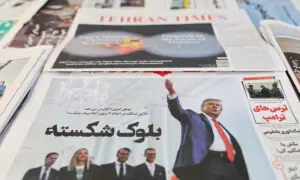
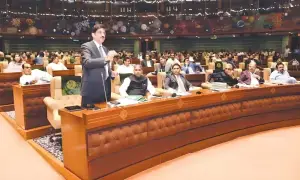

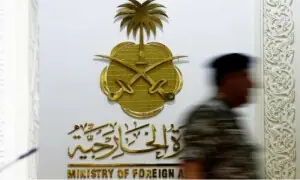
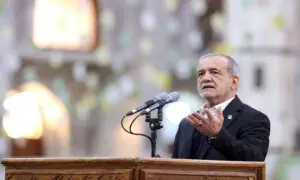
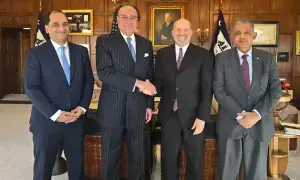



Comments are closed on this story.